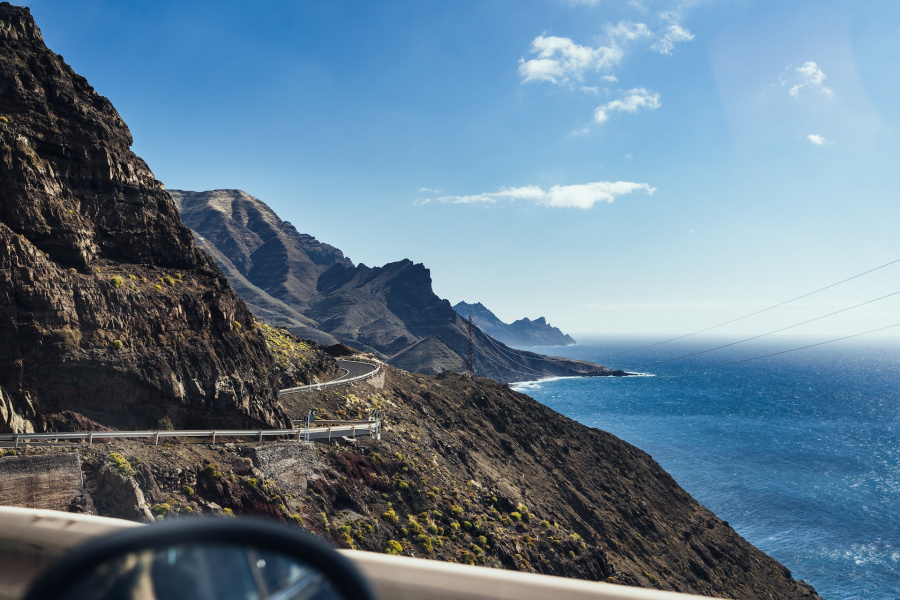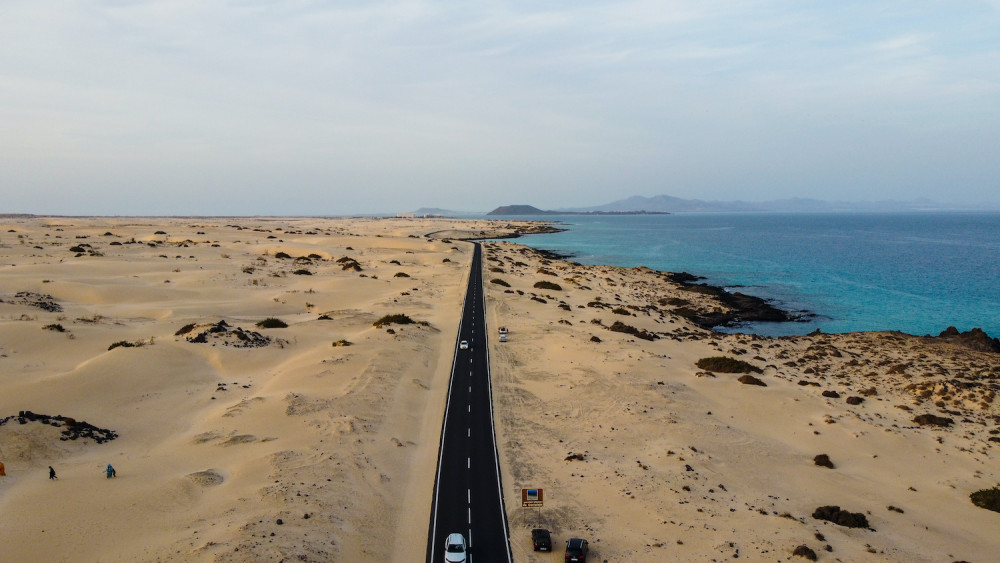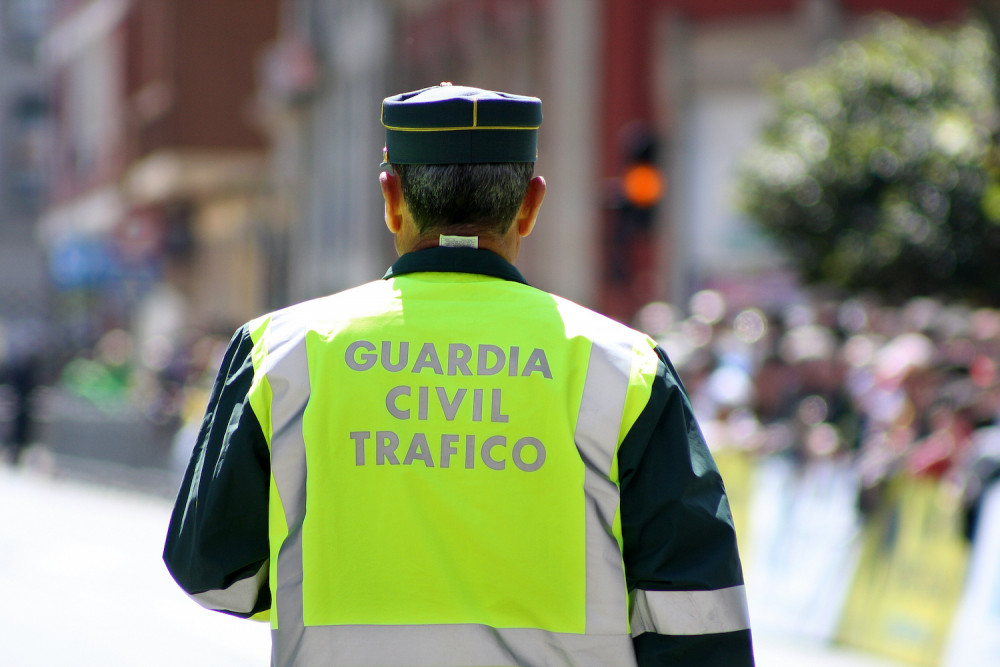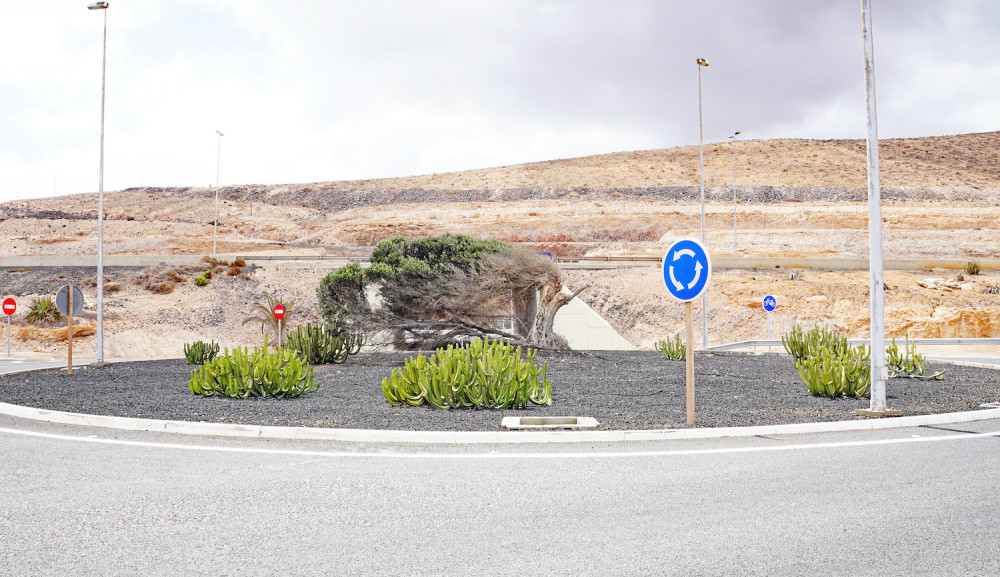


Driving in The Canary Islands
Thinking of driving when you're in The Canary Islands? Here are our tips on how to ensure you don't fall foul of the law and get the most out of your holiday.
There are plenty of places to visit and sights to see in The Canary Islands so it's understandable that people want to get out and about make the most of their time here. A popular way of doing this is to hire a car, either for the duration of your stay or just for a few days. If you're visiting from outside of Spain, especially the UK, then driving on the other side of the road under different laws might feel a little uneasy, so we've compiled a list of do's and don'ts when you're driving in The Canary Islands.
Drive on the right

One of the biggest differences you might encounter when driving in The Canary Islands is that you drive on the right hand side of the road. This also means that the layout of the car is different and that, in a manual transmission, you're changing gear with your right hand. Although this can be a bit of a challenge at first, you will be surprised at just how easy you adapt to this but it's just something to consider.
Observe the Speed Limits
Some of the roads in The Canary Islands are often very quiet so it's tempting to put your foot down. Remember to observe the speed limits of the roads at all times. You never know if you're being caught on camera or if there is a police patrol car just around the corner. Although the speed limits are clearly signposted at regular intervals, as a general rule they are as follows Urban:50kph, Rural:100kph andHighway:120kph. Remember that in The Canary Islands, speed is measured in Kilometres per hour.
Don't cross solid white lines, not even to park
A solid white line in middle the road means that you can't pass through it to the other side of the road - under any circumstances. This also means that you can't park against the flow of traffic where a white line is present as you would need to cross it to get access to the parking on the other side of the road. On the spot fines can be issued if you are found to be breaking or have broken this law (and parking against the flow of traffic is an easy way for the local police to spot offenders).
A solid white line on the side of the road also means that you are not permitted to stop. Not even to take a quick photo.
Expect occasional spot checks

It's not uncommon for the Guardia Civil or Local Police to set up check spots at junctions or roundabouts where they routinely check vehicles. If you are driving a clearly marked hire car then this may reduce the chances of being stopped, but if you are asked to pull over don't panic. Simply ensure you have some form of ID and your rental agreement and you'll be quickly on your way.
If you are stopped, always be polite to the police officer. Even though there might be a language barrier, you are more likely to find yourself on your way quickly if you are polite and show some respect.
Drive in sensible footwear
There are sometimes rumours flying around on social media sites that wearing flip flops or sandals when driving is illegal. This isn't the case, however if you have an accident whilst driving wearing insecure footwear it could be seen as a reason that the accident happened and you could be charged. Always wear sensible footwear
Have you driving license with you at all times
You must carry your driving license with you at all times when driving in The Canary Islands and it's an offence not to do so.
Watch out for the flashing yellow amber traffic lights
You may come across flashing amber traffic lights. These are warning lights that might be positioned at the start of a village after a stretch of fast road, or on a bad bend. Whilst these lights are flashing you don't need to stop, but you should slow down and ensure you are observing the speed limit. If you are going too fast you might find the flashing amber lights turn to red. At this point you must stop completely.
Don't use a mobile phone whilst driving
It goes without saying that using a mobile phone whilst driving in The Canary Islands is illegal, and if caught you could find yourself in a spot of bother.
Parking Fines and Traffic Offences
If you find yourself getting a parking fine or traffic offence, don't panic. You can usually find instructions on how to pay these online and if you pay within 30 days you get a 50% discount. What you should not do, under any circumstances, is ignore these because you are back in your home country. The next time you visit Spain you could get an unwelcome greeting where you are asked to pay the fine, or even worse asked to attend court.
Drinking and Driving in The Canary Islands
It might be tempted to get into the car after a few holiday drinks, but remember that Drink Driving laws in Spain are very strict and the legal limit for blood alcohol in the Canary Islands is 50mg per 100ml of blood which is less than parts of the UK (England, Wales and Northern Ireland). Fines for drink driving can range from 600 euros to time in prison.
Roundabouts!

Roundabouts are a bit of a free for all in The Canary Islands, and travellers from the UK often find themselves the subject of road rage if they try to use them like they do at home. Many locals will stick to the outside lane of a roundabout the whole time they are on it, and don't forget that you need to travel anti-clockwise on roundabouts in The Canary Islands! Believe it or not, we frequently see British tourists going the wrong way!
Avoid the stress of driving in The Canary Islands by booking Excursions
If driving in the Canary Islands sounds like a lot of stress and worry, then you might want to consider using excursions companies to get around and see the sights and attractions. Canary Island Excursions and Tour companies will arrange to collect and return you to your accommodation, so you don't need to worry about having a few holiday drinks during the day, or getting stopped at checkpoints and being asked for ID.
About the author
Mr TravelON is the brand ambassador for TravelON and one of the most watched travel experts in the Canary Islands, with more than 400000 followers across YouTube, TikTok and Facebook. Mr TravelON has worked in tourism for over 25 years with tour operators, excursion suppliers and the local Canary Islands tourism board. He is on the ground in tourist destinations filming content, reviewing tours and talking with holidaymakers every day. His advice comes from real experience and direct contact with the island. As a Travel expert and editor he brings the most up to date travel news.